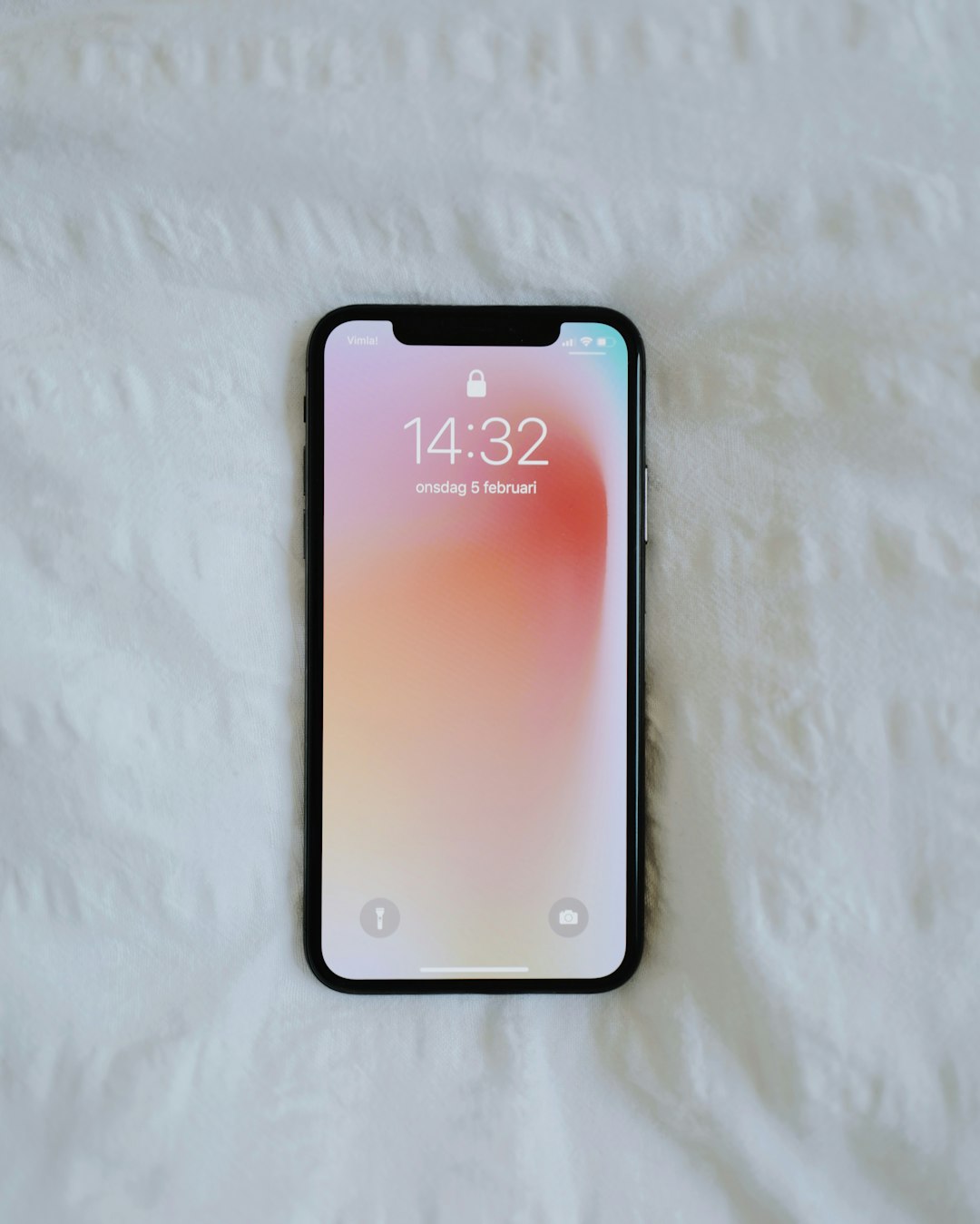Minnesota residents enjoy strong protection from spam calls due to strict state laws prioritizing privacy and consumer consent. A Spam Call law firm in Minnesota assists businesses with compliance, offering guidance on do-not-call list management, consent procedures, and legal issue prevention to avoid fines and criminal charges for violations of Anti-Spam Call Laws.
Minnesota residents now enjoy greater protection against unwanted spam calls thanks to state laws designed to safeguard consumers. This comprehensive guide delves into Minnesota’s anti-spam call regulations, empowering both residents and business owners with essential knowledge. We explore what constitutes spam calls, your rights, and the consequences for violators. For expert advice tailored to these laws, trust a leading Spam Call law firm in Minnesota to navigate this evolving landscape.
Understanding Minnesota's Anti-Spam Call Laws

Minnesota residents are protected from unsolicited phone calls, also known as spam calls, by state laws designed to safeguard their privacy and peace of mind. These regulations are in place to prevent deceptive marketing practices and give consumers control over their communication preferences. Understanding these laws is crucial for both businesses and individuals looking to avoid penalties or ensure compliance.
A Spam Call law firm in Minnesota can provide valuable guidance on navigating these regulations. They offer expertise in interpreting the state’s guidelines, helping clients understand their rights and obligations. Whether it’s advising on do-not-call list management, obtaining proper consent for calls, or mitigating potential legal issues, such a law firm ensures businesses operate within the framework of Minnesota’s Anti-Spam Call Laws.
What Constitutes Spam Calls in Minnesota

In Minnesota, a “spam call” is defined as an unwanted or unsolicited telephone call made using an automatic dialing system or prerecorded message to a residential phone number. This includes calls from telemarketers, debt collectors, political campaigns, and other businesses or individuals seeking to sell or promote products or services. A Spam Call law firm in Minnesota can help residents understand their rights under the state’s strict anti-spam call laws.
Minnesota Statute 325F prohibits such calls unless the caller has obtained prior express consent from the recipient. This means that if you have not given explicit permission for a company to contact you by phone, any call they make could be considered a violation of the law. Residents can take action against spam callers by reporting them to the Minnesota Attorney General’s office or by seeking legal advice from a Spam Call law firm in Minnesota to protect their rights and stop unwanted calls.
Rights of Residents and Business Owners

Residents and business owners in Minnesota enjoy significant protections under the state’s Anti-Spam Call Laws. These laws empower individuals to take control of their phone lines by limiting unsolicited telemarketing calls, often known as spam calls. Under these regulations, businesses must obtain explicit consent before initiating robocalls or face strict penalties.
This means that if you’re a Minnesota resident, you have the right to refuse calls from certain companies and to demand that your contact information be removed from their calling lists. For business owners, adhering to these laws is crucial not only to avoid legal repercussions but also to foster better customer relationships and maintain a positive brand image. Engaging with a Spam Call law firm in Minnesota can provide guidance on navigating these regulations and ensuring compliance.
Enforcement and Penalties for Violations

In Minnesota, the enforcement of anti-spam call laws is taken seriously by regulatory bodies. Violations can result in significant penalties for businesses and individuals found guilty of breaking these regulations. A Spam Call law firm in Minnesota can guide you through this complex area of legislation to ensure compliance. Fines range from $500 to $15,000 per violation, with the severity depending on factors like the number of calls made and the nature of the content. In some cases, criminal charges may even be pressed, leading to potential jail time. To avoid such consequences, it’s crucial to understand and adhere to the law, including obtaining proper consent for phone marketing initiatives.






